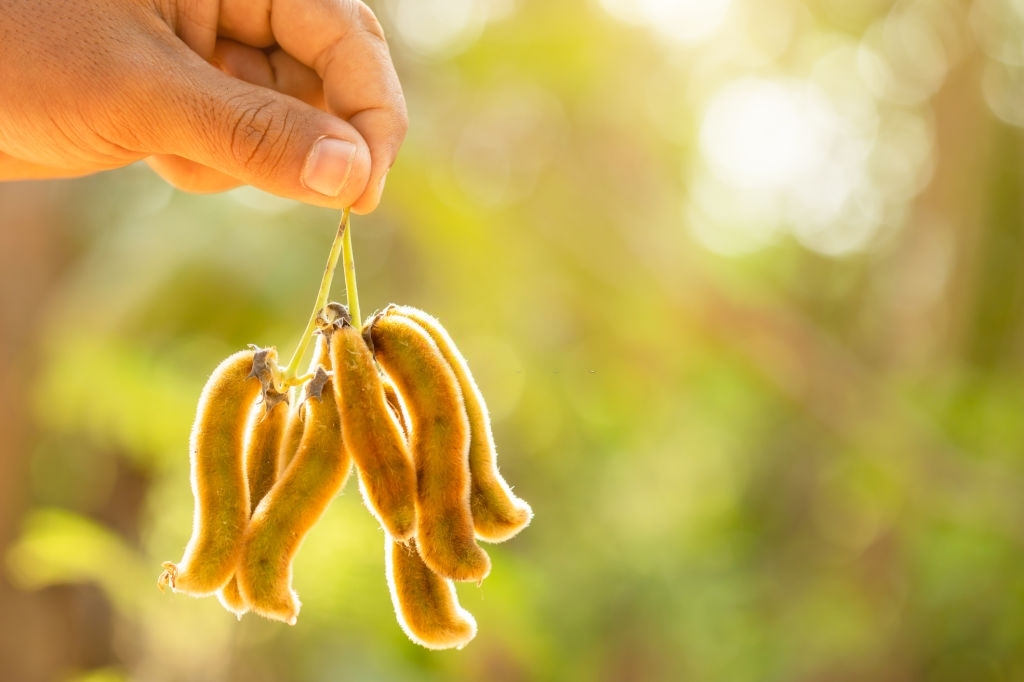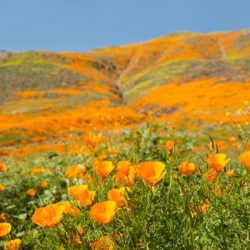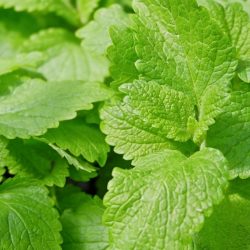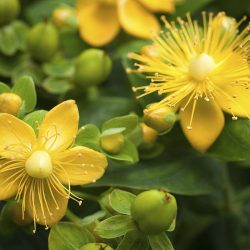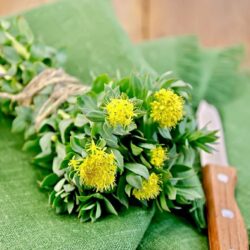As the West moved into the 3rd millennium, mucuna was virtually unknown to the myriad of medicinal plants. It appeared in the form of a standardized extract of fresh plant intended for masterly preparation at the end of the 2000s, thus quickly making itself known in the world of herbal medicine . The proliferation of scientific work has now ranked it among the finest resources in the discipline.
A little history
In Ayurvedic medicine from the 2nd century, the Muscat pea seed ( mucuna pruriens ) is indeed recommended orally in muscle atrophies , facial paralysis , debility ( Chakara ), in respiratory disorders and in local application against the injury ( Sushruta ).
In Indian medicine, the seed is renowned as a nervous tonic and aphrodisiac for both men and women. It is recommended in nervous diseases such as Parkinson’s disease . It is also prescribed in snakebites .
What are the main pharmacological properties of Mucuna seeds?
Dopaminergic activity and parkinson’s disease:
In a Parkinson’s disease model , administration of mucuna was shown to be twice as effective as synthetic L-dopa in reducing motor disturbances. Taking a single dose of mucuna in Parkinson’s patients also has advantages over synthetic L-dopa combined with a dopa-decarboxylase inhibitor. On the one hand, mucuna acts quickly because of its better bioavailability. On the other hand, the duration of action of the latter is longer; thus limiting the sudden alternations of dyskinesias and parkinsonian symptoms(stiffness, tremors, etc.) occurring when taking the reference treatments. The significant L-dopa content of mucuna, well evaluated in particular by high performance thin layer chromatography, could partially explain its antiparkinsonian activity.
The efficiency and neuroprotective properties of mucuna are also linked to the presence of other constituents than L-dopa which make it possible to increase the efficiency of the latter, such as ubiquinone (= coenzyme Q10 = coQ10) and NADH . These two molecules have antioxidant properties and increase mitochondrial respiration , including the activity of complex I of the respiratory chain, which plays a key role in the pathophysiology of the disease. The presence of coQ10 and NADH could also explain that mucuna seed powder significantly restores endogenous levodopa, dopamine, norepinephrine and serotonin levels.
In addition, in parkinsonian patients, a great deal of oxidative damage to DNA occurs due to an abnormally high level of divalent copper in the brain. Treatment with synthetic L-dopa associated with this high copper level leads to more damage. Mucuna, thanks to its property of chelating copper and iron ions, allows real protection of the brain against oxidizing species.
Dopaminergic type antidepressant action:
In various experimental models of depression, the study of the effect of hydroalcoholic extracts of mucuna has shown that they exert an antidepressant action , mediated by an interaction with the dopaminergic system.
Action on androgen deficiency and on male fertility:
The consumption of mucuna significantly reduces the alterations of the sperm linked by an increase in antioxidant defenses . It also helps increase the concentration and motility of sperm. This property is confirmed in asthezoospermic man. It has also been demonstrated, in hypofertile men , that mucuna restores antioxidant enzymes (SOD, catalase, etc.), and improves the quality of sperm . In addition, M. pruriens allows a significant increase in testosteroneand LH, which is essential for increasing spermatogenesis. Taking mucuna also lowers FSH levels, the increase of which correlates with damage to the seminiferous tubules. In addition, the plant decreases prolactin.
Action on growth hormone:
Growth hormone has an essential role for growth in children. It also helps maintain health in adulthood. In women, the administration of a single dose of L-dopa significantly increases growth hormone and at the same time decreases the hyperplasia hormone prolactin.
Action on restless legs syndrome:
Restless legs syndrome is characterized by an urgent need to move the lower limbs. This is induced and aggravated by rest. This pathology appears to be a dysfunction of the dopaminergic system , itself being also frequently associated with iron deficiency . Prescribing L-dopa is the most effective solution for people with this syndrome.
Hormonal and anticancer activity:
A 2018 study showed that Mucuna pruriens seed extract can inhibit the proliferation of prolactin-sensitive T47D and MCF-7 breast cancer cells, inducing DNA damage, cell cycle arrest and G1 phase and apoptosis, more efficiently than L-dopa. In addition, the anticancer effectinduced by mucuna is associated with downregulation of prolactin expression, further suppressing the JAK2 / STAT5A / Cyclin D signaling pathway; route validated by the use of bromocriptine, a dopaminergic agonist. Since breast cancer-related hyperprolactinemia confers resistance to cisplatin, the authors observed that by inhibiting prolactin, mucuna improves the efficacy of cisplatin when both taken together in the treatment of breast cancer cells .
Are there any precautions for use with Mucuna?
Contraindications:
- Mucuna is contraindicated in pregnant or breastfeeding women, due to its hormonal activity.
- Avoid in case of cardiovascular, hepatic or psychiatric disorders ( schizophrenia ), peptic ulcer or skin cancer (melanoma).
Precautions for use:
- The association of mucuna with antidepressants as well as its use in patients with insulin-dependent diabetes requires medical monitoring.
Drugs interactions :
- In theory, the L-dopa content of the plant could cause interactions with anesthetic drugs, tricyclic antidepressants, antipsychotics, monoamine oxidase inhibitors (MAOIs), hypotensive drugs, hypoglycemic agents.
How to take Mucuna and in what dosage?
Dry form:
- As a food supplement, alone in the form of capsules of standardized extract .
Liquid form:
- Standardized fluid extract of fresh plant : 5 to 10 ml per day in a glass of water, preferably in the morning.
Medical bibliographic sources and clinical trials :
- Dhanasekaran M. et al., Antiparkinson drug. Mucuna pruriens shows antioxidant and metal chelating activity, Phytother Res., 2008
- Katzenschlager R. et al., Mucuna pruriens in Parkinson’s disease : a double blind clinical and pharmacological study; J Neurol Neurosurg Psychiatry, 2004
- Leblanc H. et al., The effect of L-DOPA and chlorpromazine on prolactin and groxth hormone secretion in normal women; Am J Obstet Gynecol., 1976
- Manyam B.V. et al., Neuroprotective effects of the antiparkinson drug Mucuna pruriens, Phytother Res., 2004
- Shukla K.K. et al., Mucuna pruriens Reduces Stress and Improves the Quality of Semen in Infertile Men; Evid Based Complement Alternat Med., 2010
- Tharakan B. et al., Anti-Parkinson botanical Mucuna pruriens prevents levodopa induced plasmid and genomic DNA damage, Phytother Res., 2007
- Rana D.G. et al., Dopamine mediated antidepressant effects of Mucuna pruriens seeds in various experimental models of depression, Ayu., 2014
- Lampariello L.R. et al., The Magic Velvet Bean of Mucuna pruriens, J Tradit Complement Med., 2012
- Raina A.P. et al., Quantitative Determination of L-DOPA in Seeds of Mucuna Pruriens germplasm by High Performance Thin Layer Chromatography; Indian J Pharm Sci., 2011
- Grover J.K., Yadav S., Vats V., Medicinal plants of India with antidiabetic potential, J Ethnopharmacol., 2002
- Ahmad M.K. et al., Effect of Mucuna pruriens on semen profile and biochemical parameters in seminal plasma of infertile men; Fertil Steril., 2008
- Sinha S. et al., Mucuna pruriens (L.) DC chemo sensitize human breast cancer cells via down(regulation of prolactin-mediated JAK2/STAT5A signaling, J Ethnopharmacol., 2018

